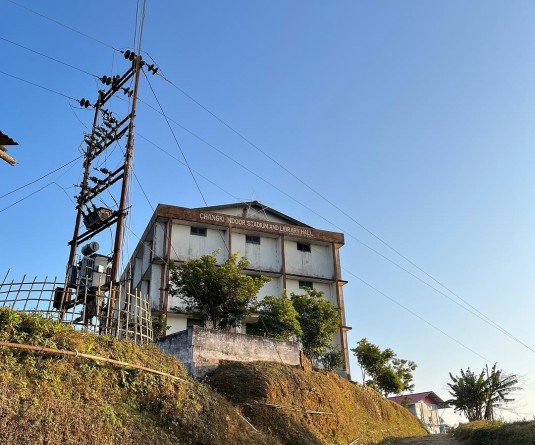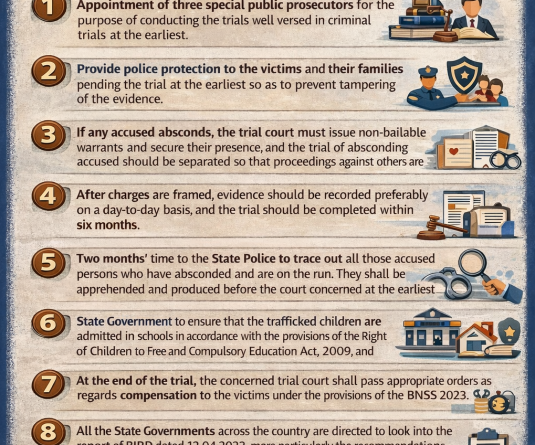
DIMAPUR, FEBRUARY 27 (MExN): 31 Naga organizations came together on February 27 at Niathu Resort here to listen to the Forum for Naga Reconciliation (FNR) share its experiences and difficulties, and engage in an interactive discussion on how to strengthen the Naga Reconciliation process. The organizations have endorsed the FNR statement termed “FAREWELL TO INNOCENCE”: TOWARDS A SHARED FUTURE (full text on page 4). Furthermore, the 31 organizations have made a three-point recommendation to the FNR (in box).
The FNR invited Naga Churches and Naga tribe organizations to update them about the processes and progresses of the Naga Reconciliation – A Journey of Common Hope. This is the 6th time that the FNR has organized a meeting to update leaders of Naga organizations since its inception in 2008, said the FNR in a statement today.
Acknowledging that the Common Journey of Hope, so far, has not always been predictable, the FNR sought “understanding and forgiveness” from the Naga people and the Naga political groups for its “disappointments and setbacks” despite the Forum’s sincere intent.
In order to take further the process of reconciliation, the FNR noted, the Naga political groups have identified past events that were divisive and resulted in the grave loss of human lives. But to move even further, the Nagas should be liberated from “the vicious cycle of the culture of resentment, unforgiving spirit, pride and elitist practices,” noted the FNR. This is all the more essential, the Forum endorsed, as the concept of a “shared Naga future” still remains uncertain and endangered for the younger Naga generation without a paradigmatic shift by the present Naga political leaders who need to “carefully examine whether our common belongingness will gather momentum, or whether we will succumb to the forces of entropy that threaten to destroy our Naga house from within.”
In that, the FNR projected that every man, woman and child needs to participate in the architecture of the Naga aspiration to live in dignity and peace—“the true nature of our relationships with each other and is the cornerstone for a shared future.”
The FNR has now recognized that it is time to share, discuss, agree and disagree on the concept of “sovereignty” across the “table of common belonging” to give it reality and pragmatism within the context.
Reminding people of the crucial fact that “the Naga people have safeguarded our land,” the FNR affirmed the Naga action that “sovereignty lies and resides in the people--” that land and its people are “inalienable.” The legitimate authority of a people, it stated, forms the ideological premise of democracy. “If sovereignty is a quality of having ownership and authority over our geographical areas, this also means that the people have the power to make changes.”
The Forum has projected that the Naga political groups must now go beyond “grand narratives” of peace and reconciliation and explore “humane and rational possibilities” through inclusive dialogues based on the ‘Covenant of Reconciliation,’ the ‘Naga Concordant’ and other agreements that they have jointly agreed upon. In this way we can discover “..the possibilities for coexisting in an interdependent world..”
“If such an idea is deemed unacceptable to the Naga political groups, then let the Naga people decide how best to pursue the historical and political rights through a unified consensus,” stated the FNR, endorsed by 31 Naga organizations, in conclusion.
________________________________
Recommendations to the
Forum for Naga Reconciliation
1. While unanimously appreciating the hard work and valuable contributions of the Forum for Naga Reconciliation (FNR) for safeguarding the Naga family at a time of deep crisis, we extend our full support to the Naga Reconciliation process and urge the FNR to continue strengthening and pursing the task of Reconciliation.
2. We implore all Naga tribe and civil society organizations to consciously work towards reconciliation in the spirit of forgiveness towards a shared future.
3. Recognizing that Reconciliation is a continuous process, we urge all Naga political groups to join Naga Reconciliation; and to unitedly pursue the Naga political and historical rights for the common good of all.
Submitted by
31 Naga organizations
Forum for Naga Reconciliation
1. While unanimously appreciating the hard work and valuable contributions of the Forum for Naga Reconciliation (FNR) for safeguarding the Naga family at a time of deep crisis, we extend our full support to the Naga Reconciliation process and urge the FNR to continue strengthening and pursing the task of Reconciliation.
2. We implore all Naga tribe and civil society organizations to consciously work towards reconciliation in the spirit of forgiveness towards a shared future.
3. Recognizing that Reconciliation is a continuous process, we urge all Naga political groups to join Naga Reconciliation; and to unitedly pursue the Naga political and historical rights for the common good of all.
Submitted by
31 Naga organizations





